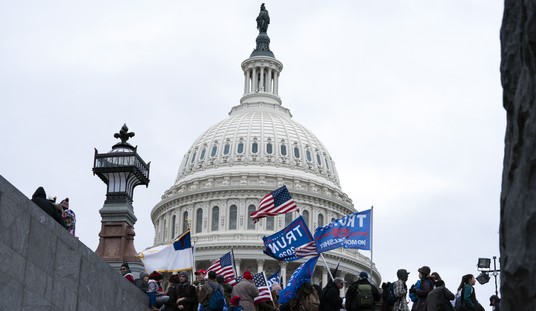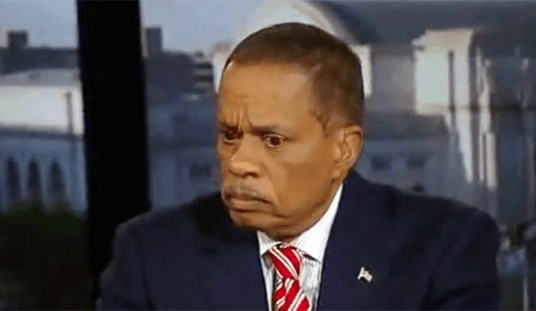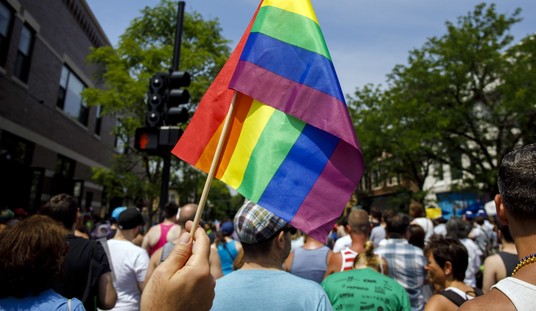Puerto Ricans took to the polls Sunday for the fourth time to answer the question about their country’s status as a U.S. territory.
Of the 23 percent of Puerto Ricans who voted on the referendum, 97 percent voted in favor of statehood. Participants were overwhelmingly supportive, but many people boycotted the referendum. Should that matter?
[Puerto Rico’s Governor] Rossello brushed aside those concerns, noting that the referendum was a democratic process in which the majority prevailed as he questioned why more people did not come out to defend alternatives to statehood. He also said that participation rates varied from 7 percent to 35 percent for states including Wisconsin and Hawaii when they were ratified as states.
Past polls and referendums indicate that a slight majority favors statehood, a little less than half of Puerto Ricans prefer the status quo as a territory, and almost no one would like an independent Puerto Rico. “Prexit” couldn’t be further away, so of the two other options, what is most likely?
Congress, currently controlled by the GOP, must approve Puerto Rico’s statehood. The Republican National Committee’s 2016 platform included moderate support for Puerto Rican statehood, but immediate political realities may prevent Congress from admitting it as the 51st state. A new state Puerto Rico, population 3.5 million, would have 5 congressmen and 7 Electoral College votes — and its citizens are expected to vote strongly blue. Furthermore, those congressmen and Electoral College votes must be subtracted from other states. According to NPR, Democratic Congressman Luis Gutierrez of Illinois predicts, “Congress won’t do anything.”
Lacking statehood status, Puerto Rico also lacks the ability to declare bankruptcy (although legislation passed in 2016 allows the territory to seek bankruptcy relief in federal court). Fiscally and economically, things would probably look very different were Puerto Rico a state, though some Americans are wary that they may be made more responsible for the fiscal irresponsibility of a new member of the Union.
Its territorial status places it in a unique void between independence and statehood. For example, as The Washington Post notes, “Puerto Rico is exempt from the U.S. federal income tax, but it still pays Social Security and Medicare and local taxes and receives less federal funding than U.S. states.”
Helping Puerto Rico out of its fiscal and economic hole could cost quite a bit in federal dollars. And, in addition to its $74 billion debt crisis and $49 billion in pension liabilities,
Nearly half a million Puerto Ricans have fled to the U.S. mainland to escape the island’s 10-year economic recession and 12 percent unemployment rate.
Those who remain behind have faced new taxes and higher utility bills on an island where food is 22 percent more expensive than the U.S. mainland and public services are 64 percent more expensive.
Per capita income is half of the poorest state in America, Mississippi.
Though the Puerto Rican government has continued to borrow and spend above its tax receipts, part of the problem is declining tax revenue after the Congress eliminated helpful tax incentives, so the United States is even currently responsible is some sense. No easy answer exists.
What does a conservative take on this situation look like? A favorite source of mine for such considerations is the British statesman Edmund Burke. Burke supported the American founders in their dispute with the British government, he supported the rights of Irish Catholics and he was critical of the imperial governance of India by the East India Company.
The reasons he did so were similar across all the situations: these nations were being governed by Britain; they should also share in the rights and responsibilities of British government. If British rule was to be beneficial to them, it ought to grant all of its benefits. The American colonies, understandably, in Burke’s view, saw British monarchy as wanting to have its cake and eat it too. Having grown up in a system of rights as British citizens, wanted to preserve their rights.
Congress has jurisdiction over Puerto Rico, though Puerto Rico’s representation in Congress is legislatively irrelevant. Again, almost no Puerto Ricans would spring for the recourse of independence that the American colonies did. They see the benefits of ties to the United States and a majority would prefer to take on both the rights and responsibilities of statehood.
The challenge of responsibility for the economic and fiscal crisis is probably the most significant one for admission. Fiscal and individual responsibility is also a conservative value. One might envision that a bill admitting Puerto Rico on certain conditions of fiscal and economic practices and reforms before full statehood is granted. However, such a path may generate controversy over the “Equal Footing” doctrine, though the doctrine has more to do with the status of a once- and fully-admitted state.
However, regardless of these abstract solutions, crude political realities probably win out in the short term.













Join the conversation as a VIP Member